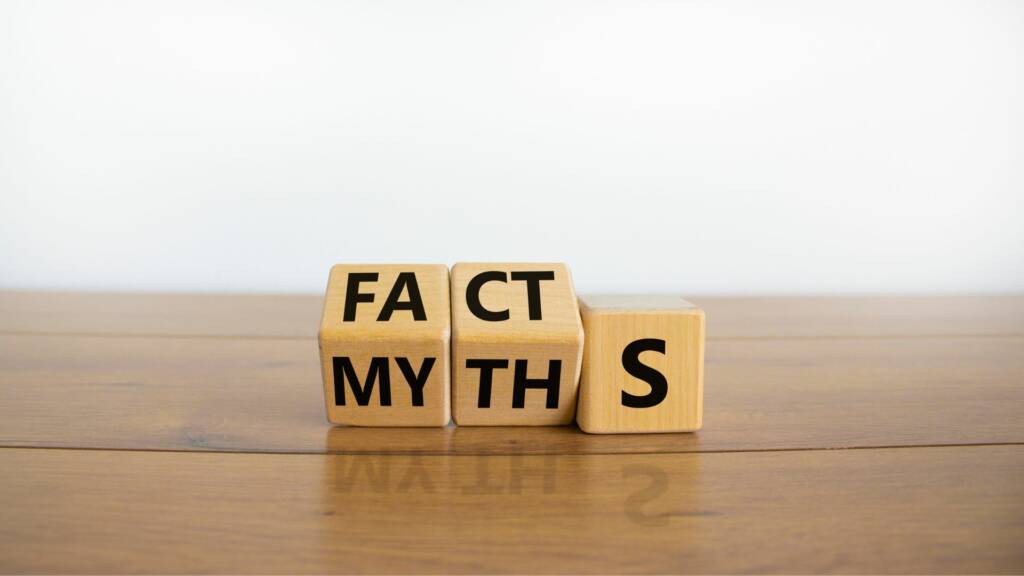Medical Negligence
Debunking common misconceptions about medical negligence cases
3 minute read
Medical negligence cases are complex and often misunderstood. Many people in Ireland have misconceptions about what these cases entail and how they are handled.
A prevalent issue is that misconceptions about these cases can have two contrasting but equally detrimental effects.
On one hand, these misunderstandings can be off-putting, leading individuals to forgo seeking expert legal advice. This hesitancy potentially deprives them of the justice they deserve following genuine instances of medical negligence.
On the other hand, some individuals may be overly confident, mistakenly believing they have a straightforward medical negligence case that will yield quick and favourable outcomes. Unfortunately, this is often not the reality.
Five myths about medical negligence matters
In this blog post, we debunk some of the common myths surrounding medical negligence litigation to help you better understand the process and mindset required to navigate one.
Myth 1: Medical negligence is easy to prove
As doctors and other clinicians must keep accurate records, people may think that proving medical negligence is easy. However, proving negligence is more challenging than many think. It requires establishing that the standard of care provided fell below what is reasonably expected and directly caused harm. This often necessitates detailed medical evidence and expert opinion.
Myth 2: Any unsatisfactory medical outcome is grounds for a claim
Not all undesirable medical outcomes are due to negligence. Medicine is not an exact science, and some risks are inherent in treatments and procedures. A claim must demonstrate that the harm was a direct result of a breach in the standard of care, not just an unfortunate result.
Myth 3: Medical negligence claims always result in large compensation amounts
While some cases result in significant compensation, each case is unique and based on its own merits. The compensation depends on the severity of the harm, the impact on the individual’s life and other specific circumstances. Not all cases result in large payouts.
Myth 4: A medical negligence claim is a quick and simple process
These claims can be time-consuming and complex. They often require gathering extensive medical records, securing expert opinions and navigating legal procedures. Patience and the guidance of a skilled clinical negligence solicitor are required.
Myth 5: Litigation harms the service quality of the HSE and other providers
A common misconception is that medical negligence claims negatively impact the quality of healthcare services provided by the Health Service Executive (HSE) and other healthcare providers in Ireland. In truth, these claims often lead to improvements in healthcare standards. When medical negligence is identified and addressed, it prompts healthcare providers to review and enhance their protocols and practices, ultimately leading to better patient care.
Learn more about this by reading: The wider societal impact of medical negligence litigation.
Myth 6: The legal costs outweigh the benefits
Unfortunately, many are deterred from filing a claim due to concerns about legal fees. However, there are many funding options available and a good solicitor who is experienced in this area, backed by a reputable law firm, can walk a patient through all of the options to identify which is best for them.
Speak with a medical negligence solicitor
If you have questions relating to medical negligence, don’t presume anything. Instead, speak with an expert solicitor. Contact Us to arrange an initial consultation or visit Medical Negligence Claims to learn more about our services.
In contentious business, a solicitor may not calculate fees or other charges as a percentage or proportion of any award or settlement.
Share



